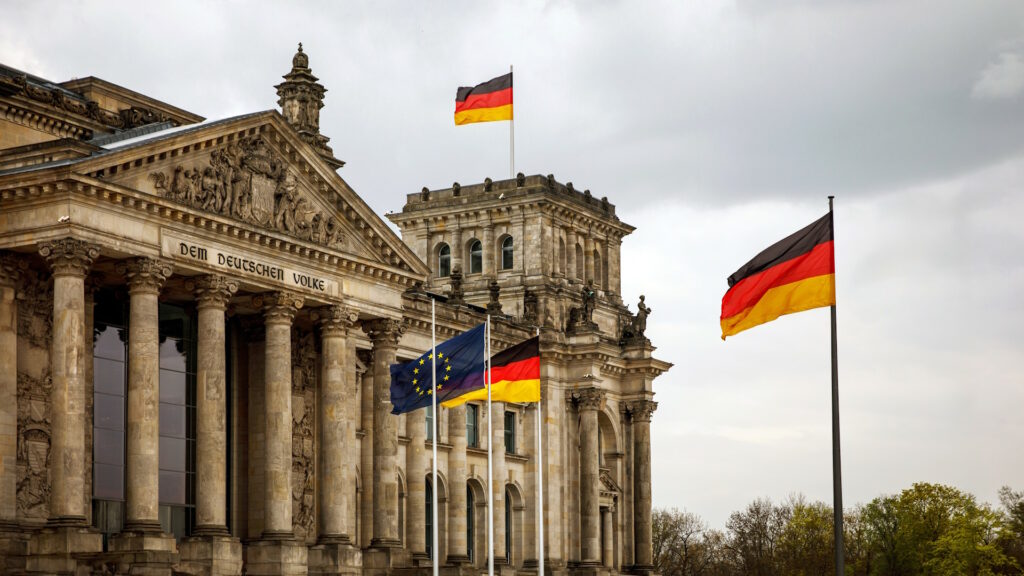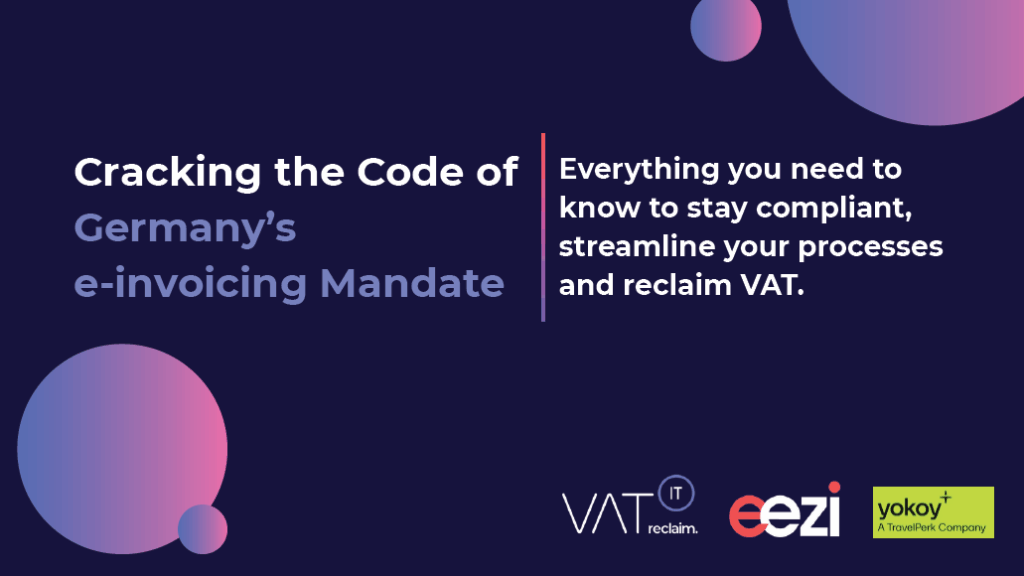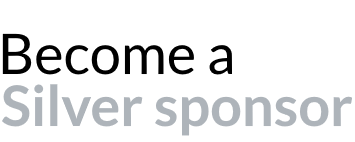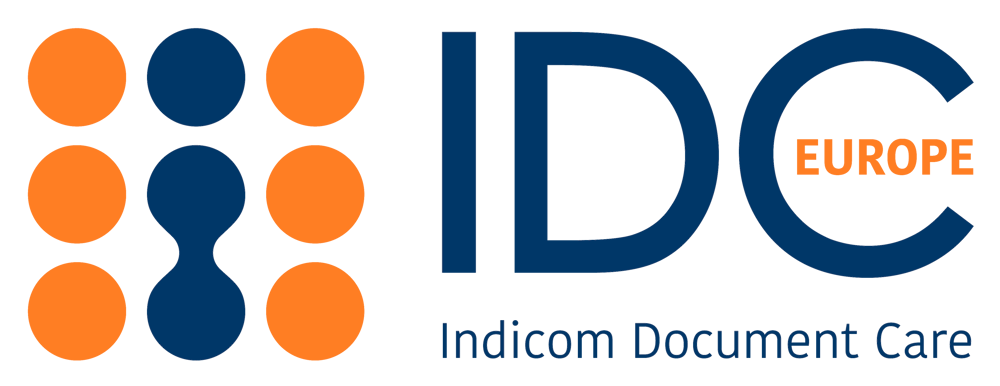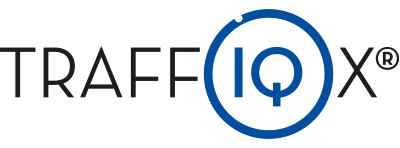E-Invoicing in Germany
Last update: 2025, May 23
Summary
B2G
Accepted everywhere, mandatory use in some regions
Complex landscape due to the federal de-central nature of German public administrations.
E-Invoicing accepted by all German public entities since November 2020, often even mandatory.
Several platforms and formats (XRechnung, ZuGFeRD, Peppol, …) allowed.
B2B
Mandatory acceptance
All companies in Germany must be able to receive EN16931-compliant e-invoices. There is no central platform planned, private companies are able to choose the transmission technology of their choice.
Sending e-invoices will gradually become mandatory (2027-2028) but currently any format such as paper, PDF or EDI is allowed.
What the Law Says
B2G E-Invoicing
Since November 2020, it is mandatory for all public administrations in Germany to accept electronic invoices (XRechnung, ZUGFeRD or Peppol).
This means that as a supplier of the public sector, you are able to send electronic invoices to any public entity in the country. Additionally, depending on which public administration you are trying to bill, the use of e-invoicing may actually be mandatory.
Summarizing the cases:
- E-Invoicing is mandatory: federal-level administrations, state-level administrations in 7 states (Bremen, Hamburg, Baden-Württemberg, Saarland, Rheinland-Pfalz (since April 1st, 2025), Mecklenburg-Vorpommern, Hessen)
- E-Invoicing is available but optional: state-level administrations in 9 states (Bayern, Berlin, Brandenburg, Niedersachsen, Nordrhein-Westfalen, Sachsen, Sachsen-Anhalt, Schleswig-Holstein, Thüringen), local-level administrations (municipalities) in the whole country
A few more exceptions persist (for example below certain invoice totals or for confidentiality reasons) and will disappear over time.
All invoices must be archived for 10 years.
B2B E-Invoicing
Currently, domestic invoices between private companies are allowed in mutually agreed formats including ranging from paper, (unstructured) PDF, hybrid formats like ZUGFeRD-PDF including an embedded XML file, all the way to fully structured EDIFACT– and XML-based formats as long as they can be made humanly readable upon audit.
Any transmission channel is valid as long as their authenticity can be proven through is a complete audit trail.
However, since January 1, 2025, all companies must also be able to receive electronic invoices
Electronic B2B invoicing will then become mandatory following a phased roll-out:
- 2027, January 1: Large & medium companies (turnover > 800 K€) must send e-invoices
- 2028, January 1: All companies must send e-invoices
The B2B e-invoicing mandate is relatively succinct: it only states that businesses will have to send and accept their invoices electronically following the European Norm (EN) 16931 in its official syntaxes (UBL & CII XML). Other formats are possible if both parties agree and the same information can be derived later.
All invoices must be archived for 10 years.
Timeline
B2G E-Invoicing Mandate
Federal-level and some state-level administrations even make e-invoicing mandatory.
B2B E-Invoicing Mandate - Mandatory Acceptance
B2B E-Invoicing Mandate - Large Companies
B2B E-Invoicing Mandate - All Companies
Alternatively, the parties may agree on EDI formats allowing to extract EN 16931-compliant content.
Latest E-Invoicing News in Germany
Mapping German mandatory VAT data to EN 16931
Webinar – Cracking the Code of Germany’s E-Invoicing Mandate
Technical Details (B2G)
The German B2G mandate that took effect in November 2020 requires all German public administrations to accept electronic invoices in the formats listed below, all compliant with the European Norm (EN) 16931.
But, as mentioned above, it may or may not be mandatory for suppliers to send e-invoices: it depends on the target public administration. For those where e-invoicing is not mandatory, suppliers can keep sending paper-based invoices or simple PDFs.
Electronic Invoicing
All public administrations offer several formats:
- ZUGFeRD: hybrid format that combines PDF for human readability with XML using the Cross-Industry Invoice (CII) schema for machine-readable data (actually, the XML CII is embedded inside a PDF/A3)
- XRechnung: XML-based national invoice standard. It is part of the broader “XEinkauf” family of standards and maintained by the German Coordination Office for IT Standards (KoSIT) in Unified Business Language (UBL) and CII schemata
- Peppol BIS 3.0: XML UBL-based format used as a standard for all transactions on the Peppol network
All B2G invoices must include a Leitweg-ID, an official identifier for German public administrations. The Leitweg-ID is used to route the invoices properly to their specific recipient with the public administration. Some partial lists of Leitweg-IDs are publicly available but no central directory is maintained, reflecting the German de-central administration. As a general rule, the Leitweg-ID is to be given in the tender or order document; usage in practical life varies widely, though.
Leitweg-IDs follow a simple, standardized syntax with the first 2 digits denoting the federal level (99) or state (01-16). Subsequent digits may represent the district, county and municipality respectively, followed by an alpha-numeric address code (up to 30 places). The Leitweg-ID is completed by a 2-digit checksum. The Leitweg-ID Format-Spezifikation (V2.0.2 – DE Only) is published as an XEinkauf document.
Portals (or Lack Thereof)
Implementation of the B2G e-invoicing mandate varies significantly across federal levels, the 16 states and their 10.000+ municipalities. Most of them use a portal, and suppliers of public administrations can use those portals to submit invoices using interactive web forms, manual file uploads, email or even automated submission via the Peppol network.
Federal-level public administrations fall into 3 main groups, depending on their use of portals:
- The “Central Invoice Submission” (ZRE) portal must be used to transmit invoices to “direct federal” administrations, which all use a Leitweg-ID starting with 991
- The “Online Access Act-compliant Invoice Submission” (OZG-RE) portal must be used to transmit invoices to “indirect federal” administrations, identified with a Leitweg-ID starting with 992
- There is no central port of entry for many other public administrations or companies owned by the federal government. These use a Leitweg-ID starting with 993 (such as the Deutsche Flugsicherung). The only solution is to directly ask each one how they wish to receive their electronic invoices: some will prefer Peppol, others will prefer emails, etc.
Regarding the different states and their local administrations:
- 5 states also use the OZG-RE portal: Berlin, Brandenburg, Mecklenburg-Vorpommern, Sachsen and Thüringen.
- 9 states have separate portals in place with the same level of features: Baden-Württemberg, Bremen, Hamburg, Niedersachsen, Nordrhein-Westfalen, Rheinland-Pfalz, Saarland, Sachsen-Anhalt, Schleswig-Holstein and Thüringen.
- 2 states don’t use a central platform: Bayern and Hessen. Both are planning to provide options though, with Bayern committed to using the OZG-RE soon. For the time being, the best option – again – is to directly ask your public buyers how they wish to receive their e-invoices
E-Invoicing Overview (B2G)
Federal-Level Administrations | Central E-Invoicing Portal | Leitweg-ID | |
|---|---|---|---|
Direct Administrations | Mandatory | Yes (ZRE) | 991- |
Indirect Administrations | Mandatory | Yes (OZG-RE) | 992- |
Other Federal Administrations | Mandatory | No | 993- |
Additional information available on the official e-rechnung-bund.de website
State-Level Administrations | Local-Level Administrations | Central E-Invoicing Portal | |
|---|---|---|---|
Baden-Württemberg | Mandatory | Accepted | Yes |
Bayern | Accepted | Accepted | Soon (OZG-RE) |
Berlin | Accepted | Accepted | Yes (OZG-RE) |
Brandenburg | Accepted | Accepted | Yes (OZG-RE) |
Bremen | Mandatory | Accepted | Yes |
Hamburg | Mandatory | Accepted | Yes |
Hessen | Mandatory | Accepted | No |
Niedersachsen | Accepted | Accepted | Yes |
Mecklenburg-Vorpommern | Mandatory | Accepted | Yes (OZG-RE) |
Nordrhein-Westfalen | Accepted | Accepted | Yes |
Rheinland-Pfalz | Mandatory | Accepted | Yes |
Saarland | Mandatory | Accepted | Yes |
Sachsen | Accepted | Accepted | Yes (OZG-RE) |
Sachsen-Anhalt | Accepted | Accepted | Yes |
Schleswig-Holstein | Accepted | Accepted | Yes |
Thüringen | Accepted | Accepted | Yes (OZG-RE) |
Technical Details (B2B)
Current Situation
Any transmission channel or format is valid as long as it is mutually agreed by both parties and there is a complete business audit trail:
- Paper-based invoices
- PDF with digital signature
- ZUGFeRD-PDF including an embedded XML file
- EDIFACT and many more formats are widely used, often in the context of an “EDI Model Agreement” (94/820/EC of 19.10.1994)
Private businesses can also use the XRechnung format without having a Leitweg-ID, as those are only used for public recipients. Instead, they use other available identifiers such as their VAT number as assigned by the tax administration or GLNs registered with GS1.
Implementing the E-Invoicing Mandate (Starting 2025)
Electronic B2B invoicing gradually becomes mandatory over a 3-year transition period (1/1/2025 – 1/1/2028). And this mandate’s requirements are very succinct. In fact, for the content there’s only one: invoice information needs to comply to the European Norm 16931.
For invoice-sending, private companies have the choice between:
- one of the approved XML formats (EN 16931 compliant): ZuGFeRD, XRechnung, Peppol BIS 3.0 (see more about these formats in the Technical Details (B2G) section)
- additionally, any other mutually-agreed EDI format, as long as all EN-16931-required invoice information can be extracted.
Conversely, for inbound invoices, all approved EN-16931-compliant syntaxes will have to be accepted.
Most companies with EDI already in place will naturally opt for the latter option, as it will allow them to keep operating those existing EDI connections. However, it also means that those EDI connections will need to be upgraded until January 1st, 2028 at the latest to allow the EN 16931 compatible invoice content to be extracted.
However, the German B2B e-invoicing mandate doesn’t require any central platform or transmission technology, and companies will be free to choose the solution that best fits both parties’ needs (Peppol network, traditional EDI connections, even E-Mail, …) as long as they can document a complete business audit trail later.
The Invoicing Hub Word
Germany
German B2G e-invoicing reflects the complexities of the de-central federal structure of the public administration, leading to many different cases, timelines and exceptions.
Still, all public recipients have to accept electronic invoices. The XRechnung and ZuGFeRD formats used domestically are actively developed to better conform to international standards, and accomodate the needs & constraints of both large enterprises & SMEs. Similarly, more and more German public administrations become reachable via Peppol, but many others still prefer a good old email.
B2G e-Invoicing in Germany is therefore more complex than it feels necessary, although unification is expected to increase as yet more mandates close remaining gaps over the next few years.
The B2B mandate follows the same approach as it describes the “what” (exchange EN16931-compliance e-invoices) but doesn’t say a word about the “how” (no central platform and unified transmission technology).
On one side, it will give flexibility to companies to implement the solution that best suits them which will boost business efficiency across the entire German economy. But on the other side, it will lead to a lot of complexity with a very disparate e-invoicing landscape and a multitude of different implementation types.
Making the correct choices will be a challenge and the choice of a proper solution will be the key to success for all German companies.
Additional Resources
Public entity coordinating the use of standards in the public administration
Information on Federal e-Invoicing by the Ministry of the Interior (BMI)
Federal B2G central platform
e-Invoicing to Federal indirect administration and 6 states
Specifications and artifacts for download
Published by the FeRD (Forum on e-Invoicing in Germany)
The Peppol Authority for Germany is run by federal mandate at the Koordinierungsstelle für IT-Standards (KoSIT) in Bremen, which is part of the “XStandards Einkauf” (Public Purchasing Standards) team.
Completed status of the Legislative process surrounding the e-Invoicing mandate
Get your Project Implemented
Gold Sponsor
Silver Sponsors
Latest News
New exemption threshold and grace period for Malaysian small enterprises
Mandatory e-invoicing takes effect in Belgium
Latest provisions and technical challenges for the imminent Belgium mandate
Keeping Up with the Mandates: A Practical Guide to E-Invoicing Compliance
E-invoicing in Croatia from January 1, 2026: The Complete Guide
The Invoicing Hub
experts can help you
Strategy, Guidance, Training, …




